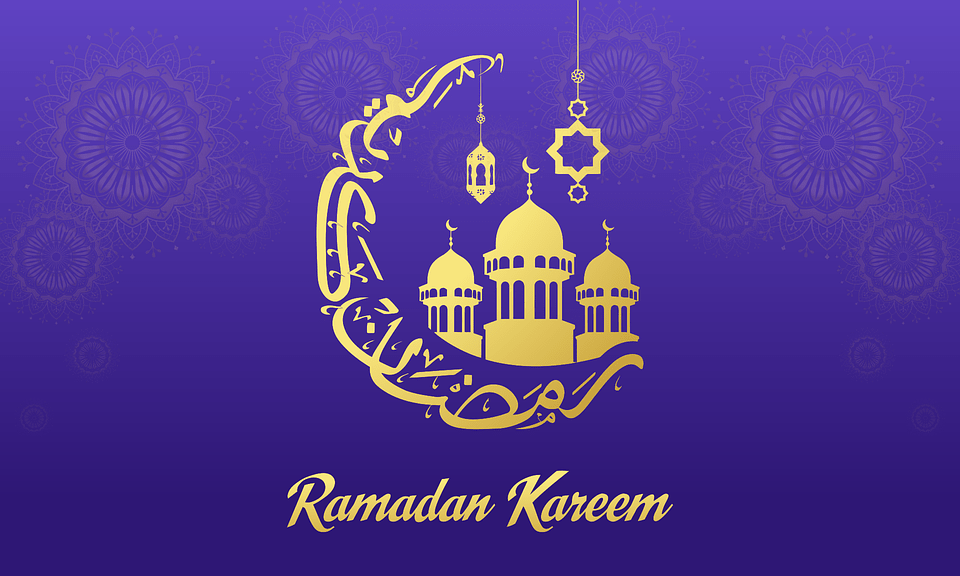AIFusion Tech NewsLife StyleTechWorld
Ramadan: The Holy Month of Fasting and Non secular Renewal

Ramadan is the ninth month of the Islamic calendar and is considered to be the holiest month of the year for Muslims. It is a time of spiritual reflection, increased devotion, and self-control through fasting, prayer, and charitable acts. Here are 10 things you need to know about Ramadan:
- Fasting during Ramadan Fasting is one of the Five Pillars of Islam, and during Ramadan, Muslims are required to fast from dawn until sunset. This means refraining from food, drink, and other physical needs such as smoking and sexual activity. Fasting during Ramadan is a way of purifying the soul and achieving greater self-discipline and empathy for those who are less fortunate.
- The significance of Ramadan Ramadan is a time for Muslims to strengthen their relationship with Allah, seek forgiveness for their sins, and renew their commitment to living a pious and righteous life. It is a time to focus on spiritual reflection and increase acts of charity and kindness towards others.
- Suhoor and Iftar Suhoor is the pre-dawn meal that Muslims eat before beginning their fast. It is a time to nourish the body and prepare for the day ahead. Iftar is the meal that breaks the fast at sunset. Muslims often invite family and friends to share this meal together, and it is a time of celebration and gratitude.
- Taraweeh prayer Taraweeh is a special prayer that is performed during Ramadan. It is an optional prayer that is performed after the Isha prayer and consists of 20 units of prayer recited in sets of two. Muslims believe that the reward for performing Taraweeh prayer is equivalent to performing the night prayer for the whole year.
- The Night of Power The Night of Power, also known as Laylat al-Qadr, is believed to be the night when the first verses of the Quran were revealed to Prophet Muhammad (PBUH). It is considered to be the most blessed night of the year, and Muslims spend the night in prayer and supplication, seeking forgiveness for their sins.
- Zakat and Sadaqah Zakat is a mandatory form of charity that Muslims must give during Ramadan. It is a percentage of one’s wealth that is given to the poor and needy. Sadaqah, on the other hand, is a voluntary form of charity that Muslims can give at any time, but it is encouraged during Ramadan.
- Eid al-Fitr Eid al-Fitr is the festival that marks the end of Ramadan. It is a time of celebration and joy, and Muslims often wear new clothes, visit family and friends, and exchange gifts. It is also a time to give charity and help those in need.
- The importance of family and community Ramadan is a time when families and communities come together to break their fast, pray together, and share in the blessings of the month. It is a time to strengthen relationships and build bonds of love and unity.
- The physical and spiritual benefits of fasting Fasting during Ramadan has many physical and spiritual benefits. It can help to detoxify the body, improve digestion, and boost the immune system. It can also help to increase mindfulness, self-control, and empathy towards others.
- The global impact of Ramadan Ramadan is observed by Muslims all over the world, and it has a significant impact on the global community. It is a time when Muslims come together to support each other, share their blessings with others, and promote peace and harmony in the world.
In conclusion, Ramadan is a time of spiritual renewal, self-discipline, and increased devotion for Muslims. It is a time to strengthen


